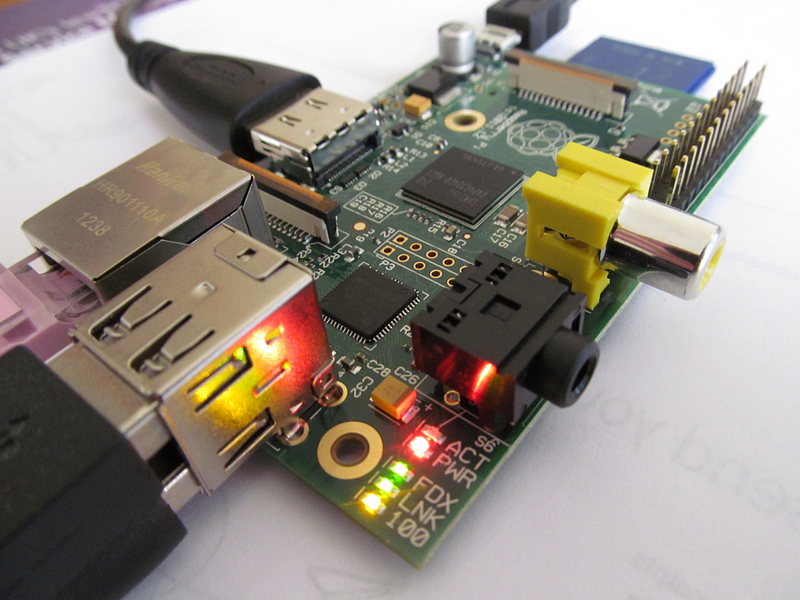- This topic has 0 replies, 1 voice, and was last updated 6 years, 3 months ago by .
Viewing 0 reply threads
Viewing 0 reply threads
- You must be logged in to reply to this topic.
› Forums › IoTStack › News (IoTStack) › TensorFlow 1.9 Officially Supports the Raspberry Pi
Tagged: AIAnalytics_H13, EdgeFog_G7
[ See previous post and replies
]

When TensorFlow was first launched in 2015, we wanted it to be an “open source machine learning framework for everyone”. To do that, we need to run on as many of the platforms that people are using as possible. We’ve long supported Linux, MacOS, Windows, iOS, and Android, but despite the heroic efforts of many contributors, running TensorFlow on a Raspberry Pi has involved a lot of work. Thanks to a collaboration with the Raspberry Pi Foundation, we’re now happy to say that the latest 1.9 release of TensorFlow can be installed from pre-built binaries using Python’s pip package system! If you’re running Raspbian 9 (stretch), you can install it by running these two commands from a terminal:
sudo apt install libatlas-base-dev
pip3 install tensorflow
You can then run python3 in a terminal, and use TensorFlow just as you would on any other platform. Here’s a simple hello world example:
# Python
import tensorflow as tf
tf.enable_eager_execution()
hello = tf.constant(‘Hello, TensorFlow!’)
print(hello)
If the system outputs the following, then you are ready to begin writing TensorFlow programs:
Hello, TensorFlow!